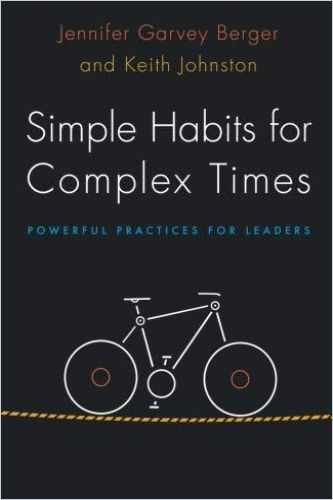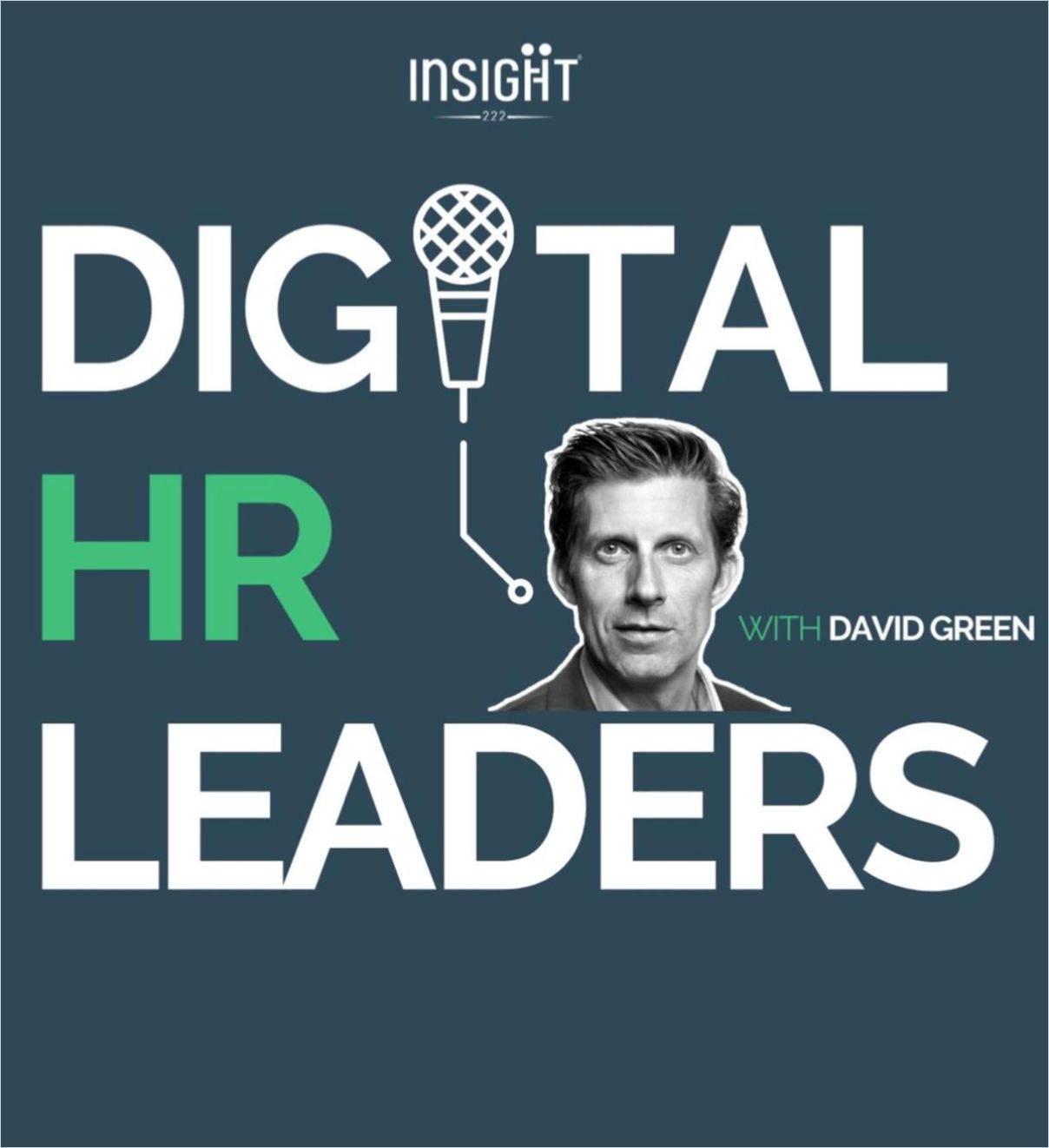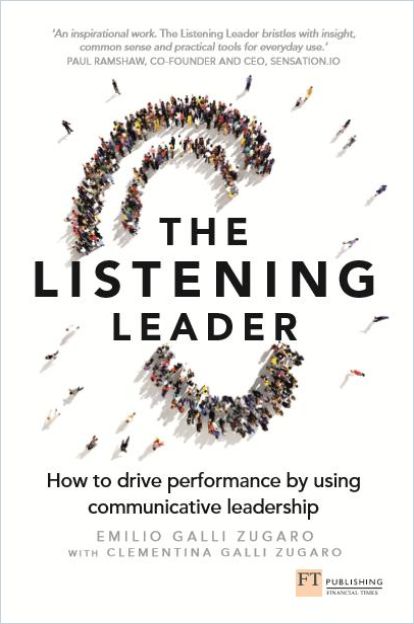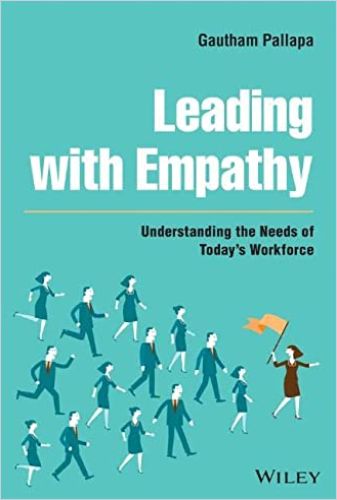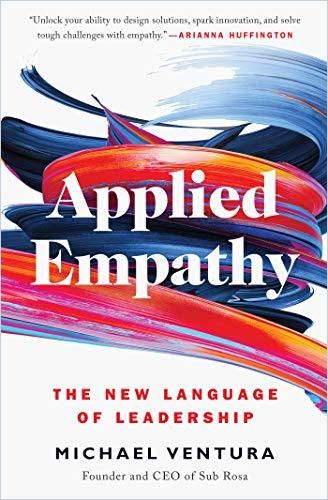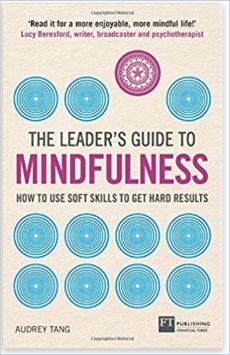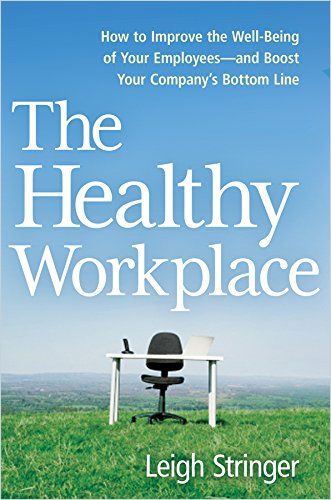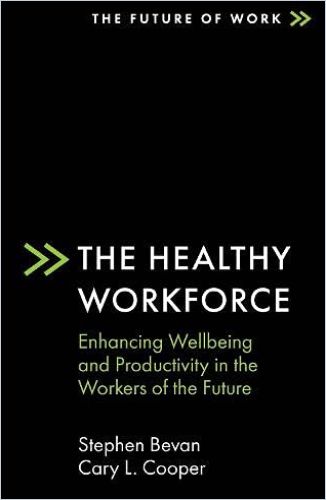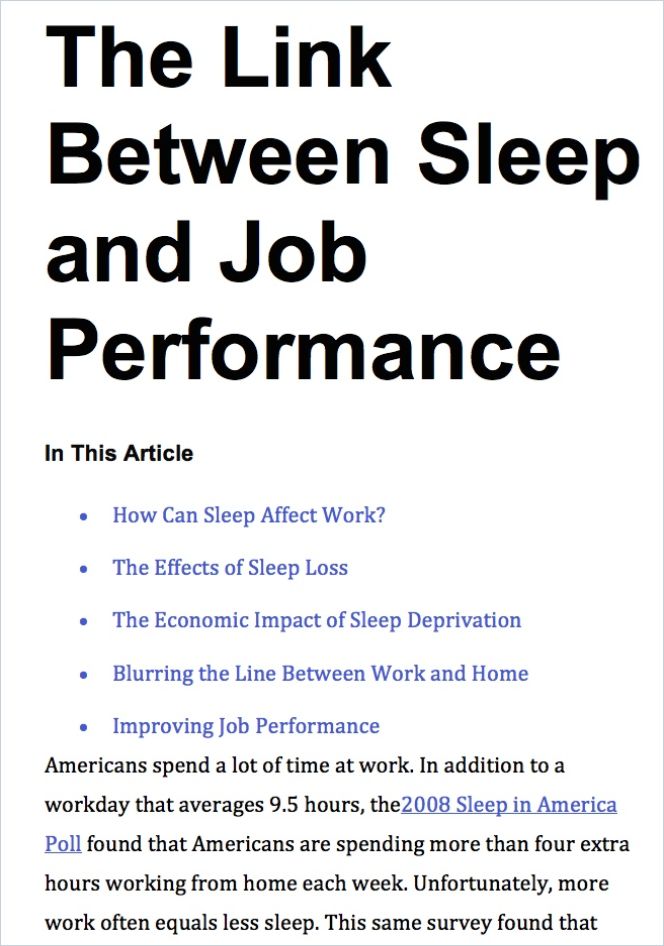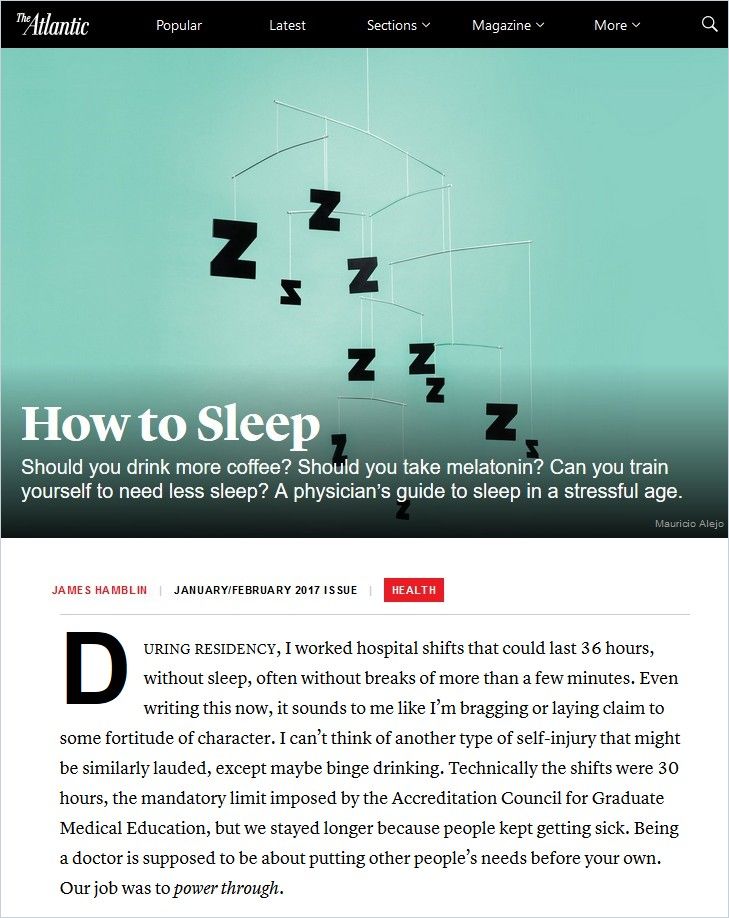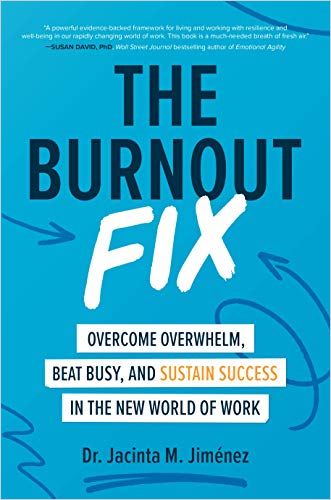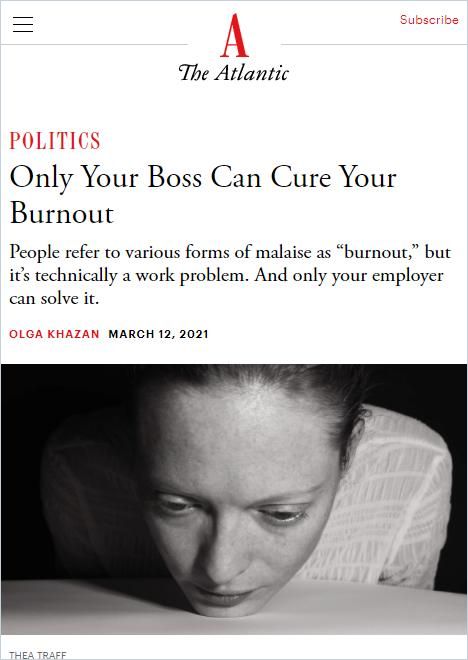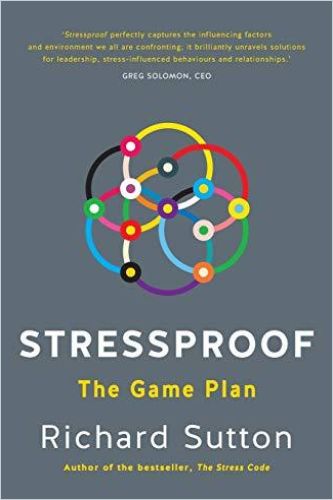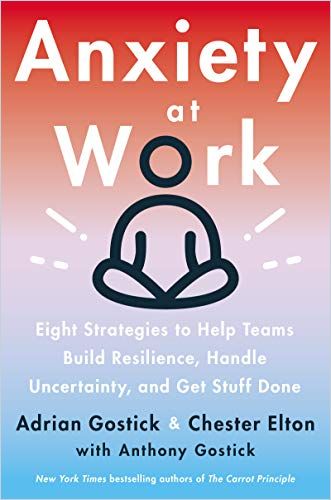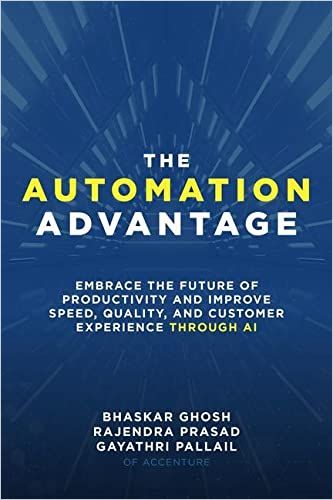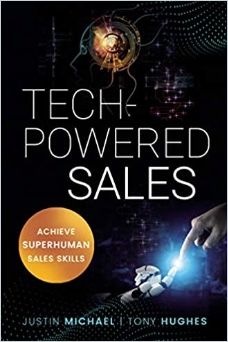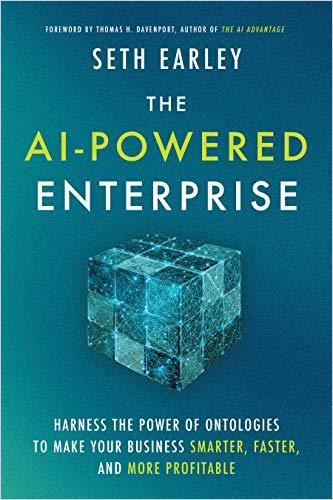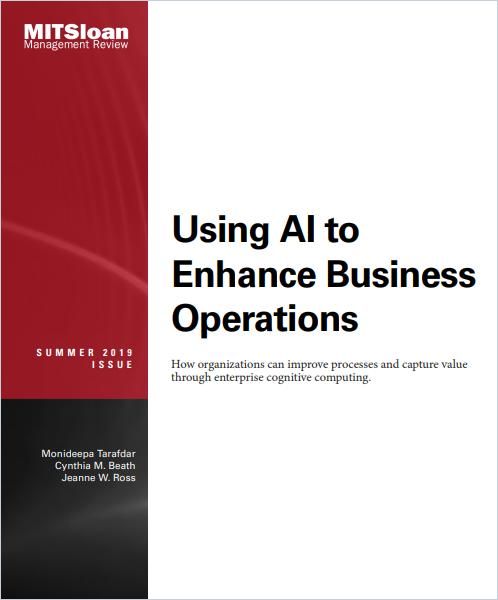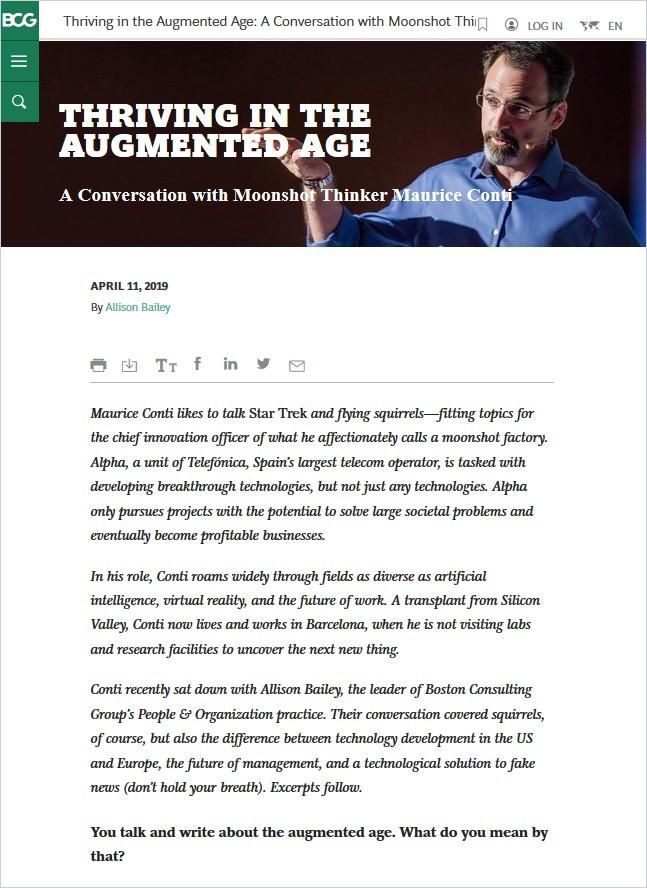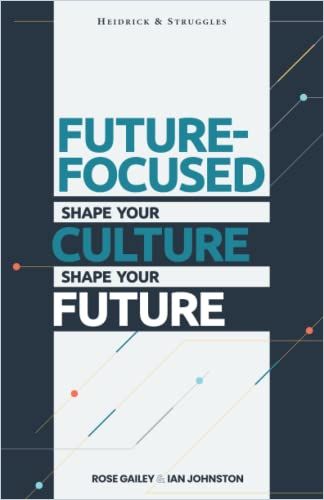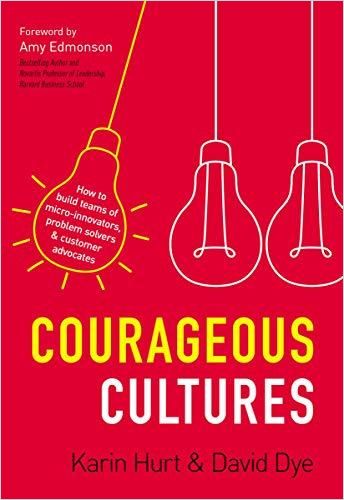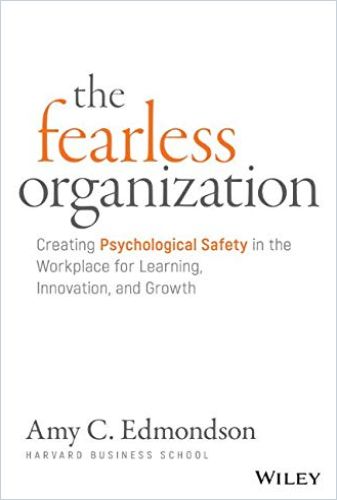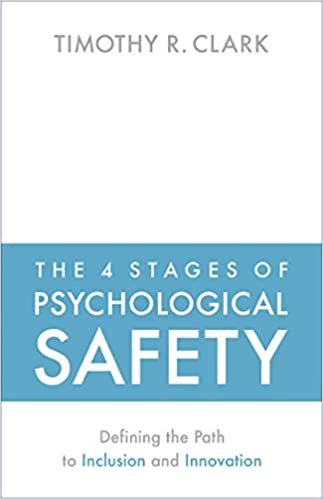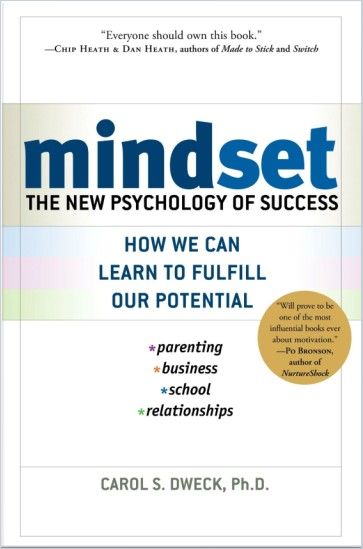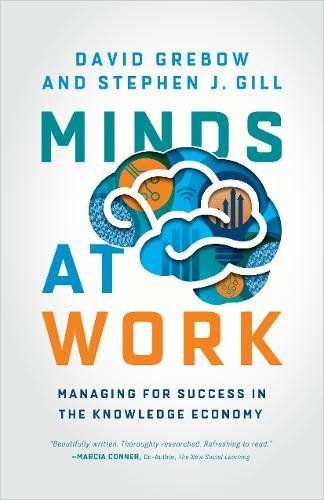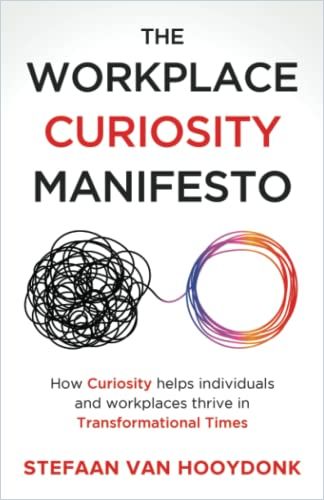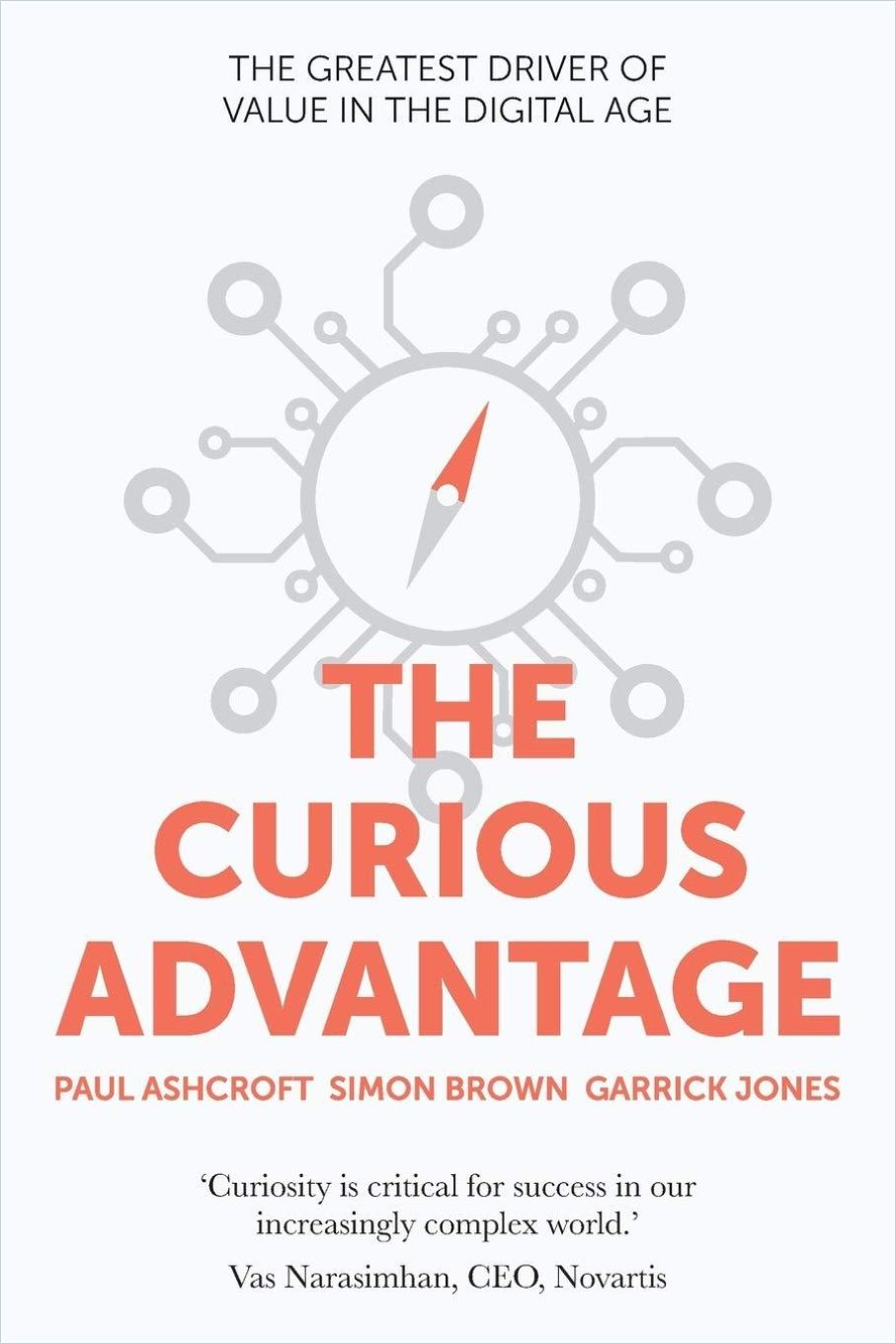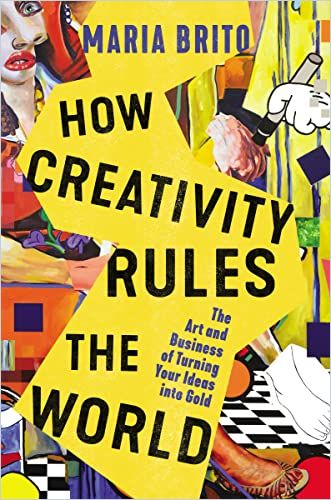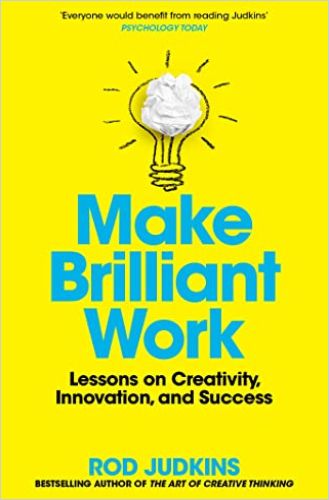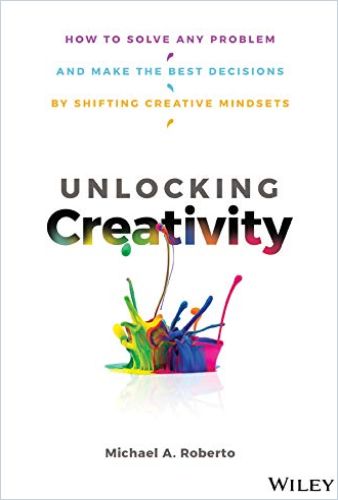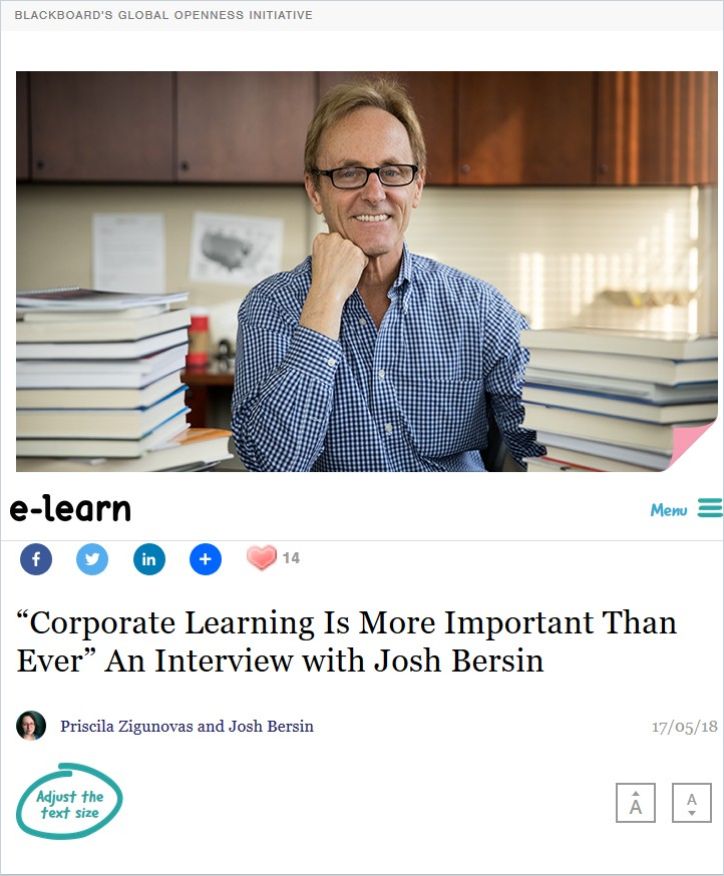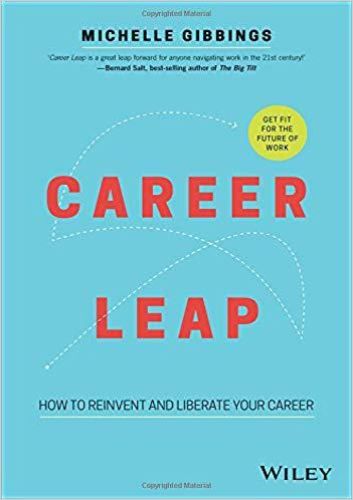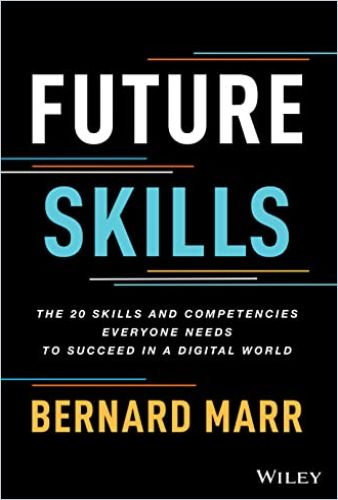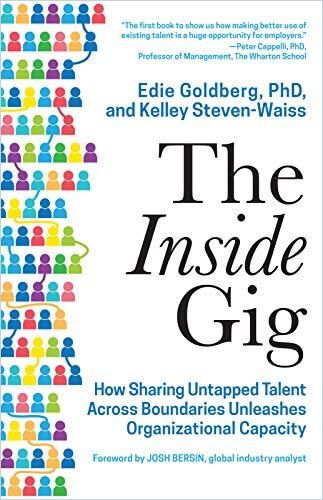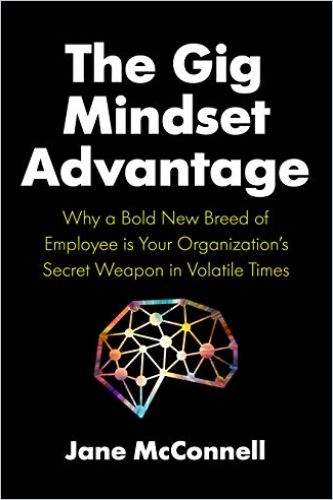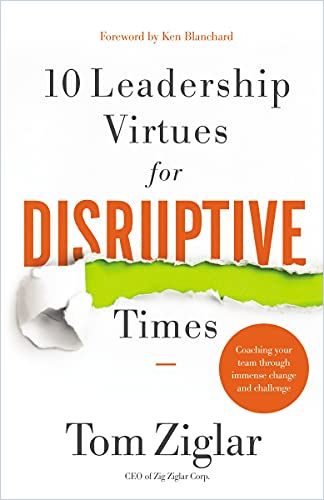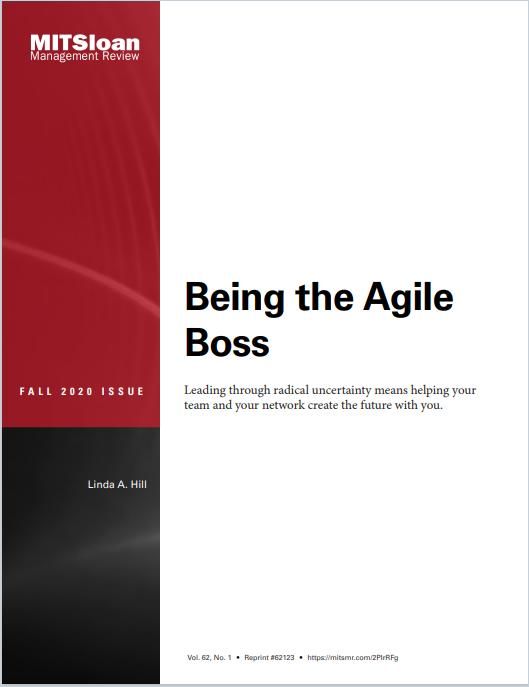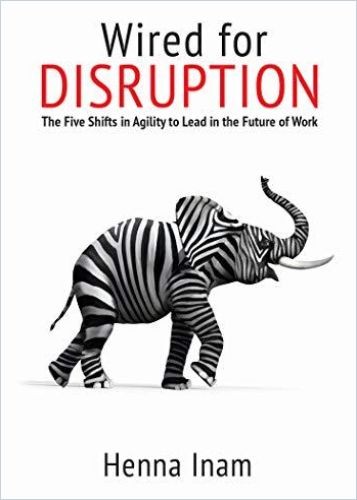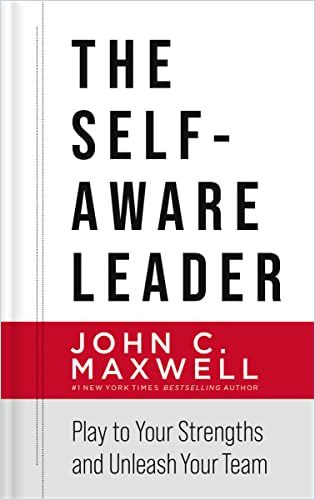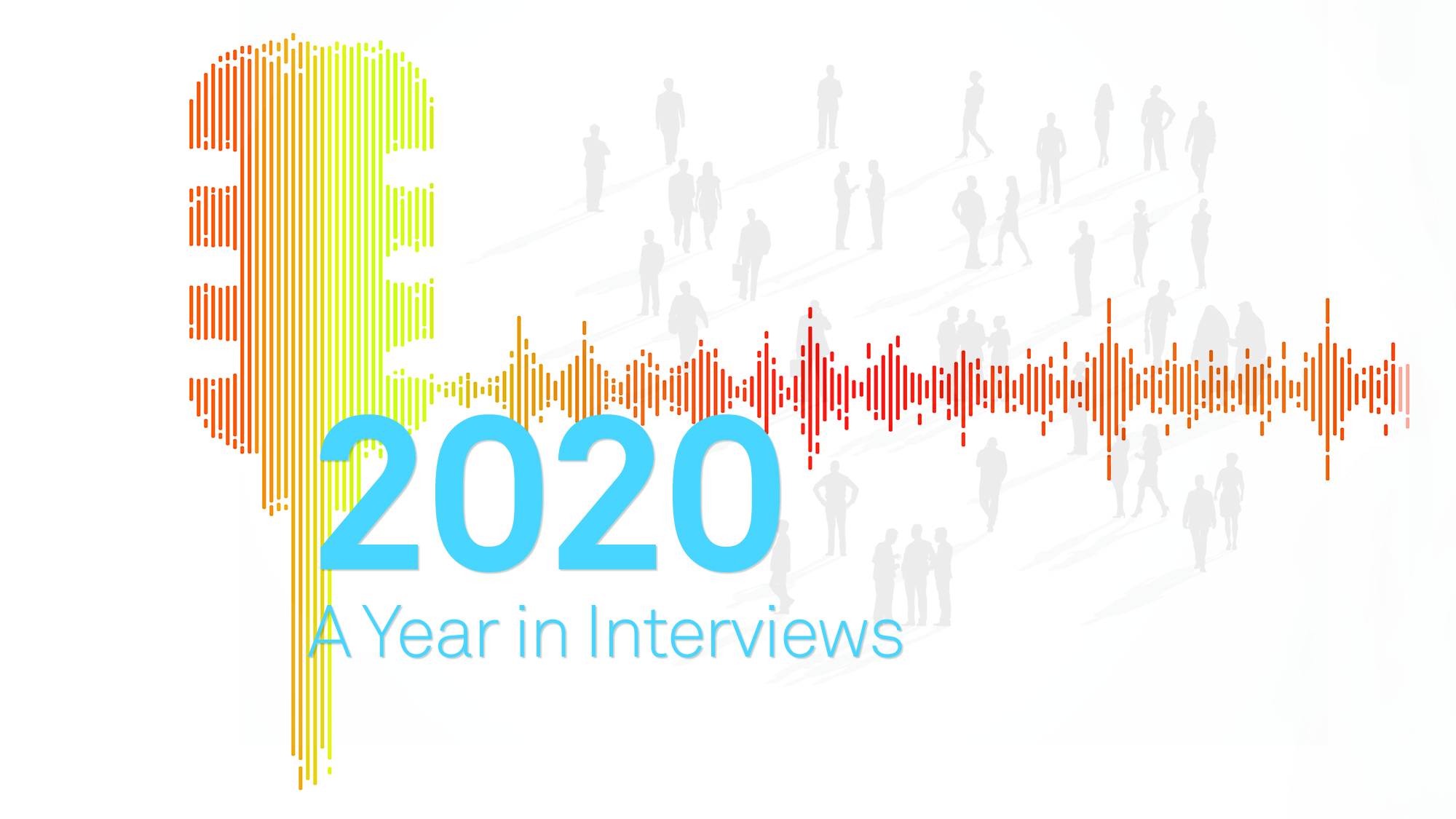Will I be out of work soon? Is my company going to survive? How can I upskill so I remain relevant in five years? These are probably just some worries preoccupying people’s minds as they do their jobs. Trying to keep this constant churn of anxiety at bay is no good way to live or work, much less work productively. How can managers and leaders help their workforce regain footing in unsettling times? Here are eight action steps.
1. Listen
Create a safe space for employees to express their concerns. This could be through open forums, one-on-one discussions or anonymous suggestion boxes. Show empathy by trying to understand and validate people’s fears fully. Listening intently will help you comprehend people’s situations more accurately and adjust your communication style and change management plans accordingly.
Book Summary Simple Habits for Complex Times
A challenging but convincing prescription for survival in a disruptive, volatile and uncertain world.
Keith Johnston and Jennifer Garvey Berger Stanford UP If you listen wholeheartedly, you may share some of your employees’ concerns. Make sure to let them know if you do. Showing vulnerability is one of the best ways to help others to open up.
Being mindful and respectful of their anxieties is essential to get people a little more comfortable with what could otherwise be a scary shift.
David Schonthal
Related Summaries in getAbstract’s Library
Book Summary The Listening Leader
Leaders’ ability to listen determines their success or failure and the fate of their organization.
Emilio Galli Zugaro and Clementina Galli Zugaro FT Publishing Read Summary Book Summary Leading with Empathy
You can learn to be have more empathy – the newest critical business skill.
Gautham Pallapa Wiley Read Summary Video Summary Empathy – Simon Sinek
In this stirring speech, Simon Sinek advocates empathy, telling leaders to walk in their workers’ shoes.
Simon Sinek Inspiritory Read Summary Book Summary Applied Empathy
Today’s most innovative, resilient leaders practice empathy. Make it real, and it will work for you.
Michael Ventura Atria Books Read Summary 2. Communicate
In times of uncertainty, you can hardly overcommunicate. Explain the changes your company is implementing, the reasons behind them and the potential benefits. Model transparency by using clear, jargon-free language. When announcing major changes, give people time to digest the news. The human brain is biased toward the familiar, so people’s first reaction to hearing about big changes won’t likely be enthusiastic.
In The Human Element, Loran Nordgren and David Schonthal offer advice on how to counter inertia by making the unknown more familiar.
Book Summary The Human Element
Identify – and overcome – the frictions that hamper change and innovation.
Loran Nordgren and David Schonthal Wiley 3. Offer Support
Offer support and resources to help people deal with stress and anxiety, such as by providing access to counseling or coaching services. You may also want to encourage and facilitate the formation of Employee Resource Groups (ERGs), which are voluntary employee groups formed around shared interests and challenges.
Mindfulness and meditation can enhance people’s ability to navigate through times of turmoil. Practiced regularly, these ancient practices foster resilience by promoting mental well-being and emotional stability. Consider creating a comfortable environment for employees to meditate and offering free access to a meditation app.
Related Summaries in getAbstract’s Library
Book Summary Full Catastrophe Living
Dr. Jon Kabat-Zinn shows those who work under pressure how to use mindfulness to revive their calmness and well-being.
Jon Kabat-Zinn Bantam Dell Read Summary Book Summary How We Work
Mindfulness lets you decide how you want to be in the workplace, and beyond.
Leah Weiss Harper Wave Read Summary Book Summary The Leader’s Guide to Mindfulness
Most people know just a little about mindfulness, yet business leaders recognize its career benefits.
Audrey Tang FT Publishing Read Summary Finally, don’t neglect basic needs employees need to have met to deal with daily challenges. Regular, high-quality sleep is a non-negotiable aspect of mental health and resilience. Basecamp CEO Jason Fried, for example, has taken on a pioneering role in modeling sleep leadership. He limits meetings, ensures employees have undisturbed focus time during work hours and reminds people that sending emails during off-work hours is counterproductive. By making sleep a subject of discussion at work, employees at Basecamp have started to talk openly about their sleep quality and share best practices. Exercise is another powerful stress-buster, so think about ways to support employees to exercise regularly.
Related Summaries in getAbstract’s Library
Book Summary The Healthy Workplace
Corporate wellness programs improve employee health and boost your bottom line.
Leigh Stringer AMACOM Read Summary Podcast Summary How Walmart Is Helping Its Associates Achieve Healthier Habits
Taking employee well-being seriously makes business sense.
David Green Digital HR Leaders Podcast Read Summary Book Summary The Healthy Workforce
Investing in staff well-being boosts your bottom line.
Stephen Bevan and Cary L. Cooper Emerald Publishing Limited Read Summary Article Summary Can Sleep Leadership Help Banish Burnout
Want to promote employee well-being? Start with sleep!
Kate Morgan BBC Read Summary Article Summary The Link Between Sleep and Job Performance
A good night’s sleep is not a luxury – it’s essential for performing well.
Rob Newsom sleepfoundation Read Summary Article Summary How to Sleep
Lack of sleep is not just an inconvenience, but a condition with potentially serious consequences.
James Hamblin The Atlantic Read Summary Article Summary How to Get a Better Night’s Sleep
If you’re always tired, check out this guide on sleeping.
Tara Parker-Pope The New York Times Read Summary Book Summary The Sleep Revolution
Arianna Huffington explains why lack of sleep harms your body and soul, and what to do about it.
Arianna Huffington Harmony Books Read Summary 4. Involve Employees
When faced with changes that are out of our control, we can become overwhelmed by an almost paralyzing sense of powerlessness. Giving people control over some aspects of their work and letting them know how they can contribute to the change process your company is implementing will go a long way in making people feel effective and valued.
As Richard Sutton explains in Stressproof, the main source of stress is often not work overload but the feeling of not being in control. The latter also makes people susceptible to burnout. If you feel your employees feel unrecognized for their efforts, you may consider hiring more managers to provide support and positive reinforcement. Another way of involving employees is by encouraging them to take on projects outside their formal job description. Internal talent marketplaces are a great way for employees to develop new skills, discover new talents and find new ways to follow their passion.
Related Summaries in getAbstract’s Library
Book Summary The Burnout Fix
Learn practices that foster resilience and prevent work burnout altogether.
Jacinta M. Jiménez McGraw-Hill Read Summary Book Summary The Burnout Epidemic
Learn the root causes of burnout and how to foster a more sustainable workplace.
Jennifer Moss Harvard Business Review Press Read Summary Article Summary Only Your Boss Can Cure Your Burnout
Burnout begins – and must end – in the workplace.
Olga Khazan The Atlantic Read Summary Book Summary Stressproof
Chronic stress cripples your health and impedes human connection – the two things that make people feel fulfilled.
Richard Sutton Pan Macmillan Read Summary Book Summary Anxiety at Work
Learn to create a healthy workplace culture that supports your team’s well-being.
Adrian Gostick and Chester Elton HarperBusiness Read Summary 5. Highlight Opportunities
Many experts predict that while many jobs will disappear due to technology, many new job categories will be created. Automation has acquired a new role in knowledge work by performing tasks that were once the exclusive domain of human beings. Yet “intelligent automation” does not replace human workers. It supports and extends human intellectual talents.
With machines taking over mundane tasks, knowledge workers are freed up to spend time on more creative tasks that machines can’t yet replace.
Bhaskar Ghosh et al.
Emphasize opportunities that come with the adoption of new technology and automation. Discuss how it can streamline processes, improve productivity and enable knowledge workers to focus on higher-value tasks. Help your team understand that embracing new technology can open doors to more challenging and fulfilling work, allowing them to contribute innovatively. Smart machines offer strengths and capabilities that differ from but are highly complementary to people’s talents, write Bhaskar Ghosh et al. in The Automation Advantage.
You may also want to share success stories of other teams or organizations that have successfully embraced new technology and achieved positive outcomes. Real-life examples can inspire your team and alleviate their concerns by demonstrating that integrating new technology can enhance their roles rather than making them redundant.
Related Summaries in getAbstract’s Library
Book Summary The Automation Advantage
Automate your business to support – not replace – the talents of your human workers.
Bhaskar Ghosh, Rajendra Prasad and Gayathri Pallail McGraw-Hill Read Summary Book Summary Tech-Powered Sales
Upcoming AI, bots and other technology portend a complete revision of B2B sales.
Justin Michael and Tony Hughes HarperCollins Leadership Read Summary Article Summary How Process Industries Can Catch Up in AI
What’s your company’s excuse for failing to fully adopt AI?
JT Clark, Joakim Kalvenes and Jason Stewart Boston Consulting Group Read Summary Book Summary The AI-Powered Enterprise
The better artificial intelligence knows your business, the smarter it can work for you.
Seth Earley Life Tree Media Read Summary Article Summary Using AI to Enhance Business Operations
When AI comes for your job, it’ll free you up for better things.
Monideepa Tarafdar, Cynthia M. Beath and Jeanne W. Ross MIT Sloan Management Review Read Summary Article Summary Thriving in the Augmented Age
How can firms assure their success in the “augmented age”?
Allison Bailey and Maurice Conti Boston Consulting Group Read Summary Book Summary Future Focused
The optimum corporate culture engages everyone, aligns its moving parts and focuses on the future.
Rose Gailey and Ian Johnston Networlding Publishing Read Summary You will need all hands on deck to apply new technology effectively and develop new business opportunities. Hence, you will want to foster a culture of continuous learning. Promote a growth mindset by helping people see themselves as constantly learning and evolving. Help people to de-couple their sense of identity from their narrow job role by thinking about novel ways in which they might apply their skills and talents. Of course, you will also want to provide resources, training programs and mentorship opportunities to help them upskill and stay relevant.
Create an environment that encourages experimentation and innovation. Let your team know that their ideas and feedback are valued. Provide opportunities for them to explore new technologies, test innovative solutions and share their learnings with the wider team. By empowering people to be part of the digital transformation process, you can alleviate their fears and foster a sense of ownership.
Related Summaries in getAbstract’s Library
Book Summary Courageous Cultures
Worthy leaders of courageous cultures ask their people to speak up. Then they listen.
Karin Hurt and David Dye HarperCollins Leadership Read Summary Book Summary The Fearless Organization
Leadership expert Amy C. Edmondson explores censorship in the workplace and reveals its consequences.
Amy C. Edmondson Wiley Read Summary Book Summary The 4 Stages of Psychological Safety
Unleash your employees’ untapped potential by offering them the freedom to learn, engage, and innovate.
Timothy R. Clark Berrett-Koehler Read Summary Book Summary Mindset
People can be of two minds: fixed and flexible. In a changing world, flexible is better for relationships and growth.
Carol S. Dweck Random House Read Summary Book Summary Minds at Work
A concise, nonprescriptive overview of how to implement a true learning culture.
David Grebow and Stephen J. Gill ATD Read Summary As a company adapting to rapid technological change, a crucial skill you will want to foster is curiosity. Curiosity drives individuals to seek out new information, explore possibilities and ask questions. Being curious lets employees stay updated on emerging trends, new technologies and industry developments. A mindset of exploration and experimentation helps people generate new combinations of ideas and find previously elusive solutions to problems.
Related Summaries in getAbstract’s Library
Book Summary The Workplace Curiosity Manifesto
Curiosity boosts performance and innovation for people, teams and organizations. Here’s how to build it.
Stefaan van Hooydonk Stefaan van Hooydonk Read Summary Book Summary The Curious Advantage
An actionable guide to building an organizational culture of curiosity and learning.
Paul Ashcroft, Simon Brown and Garrick Jones Laiki Read Summary Book Summary How Creativity Rules the World
Innovate, create value and pursue more fulfilling professional projects by unlocking your inner creativity.
Maria Brito HarperCollins Leadership Read Summary Book Summary Make Brilliant Work
Unleash your potential with insights on how to achieve exceptional and successful creative projects.
Rod Judkins Macmillan Publishers Read Summary Book Summary Unlocking Creativity
Business leaders can overcome six mind-sets that block creativity and innovation in their organization.
Michael A. Roberto Wiley Read Summary Article Summary “Corporate Learning Is More Important than Ever”
New e-learning offers must be flexible, interactive and learner-driven.
Josh Bersin and Priscila Zigunovas E-Learn Read Summary 7. Assure Job Security (When Possible)
Fear of job loss is a significant source of anxiety when new technologies are introduced. Yet many of these fears may be unwarranted. Be upfront about what people can expect. People whose jobs are on the line will do better if they know and can plan for an upcoming career or job transition (preferably with your support). Meanwhile, reassuring people whose jobs are not immediately threatened will help them sleep better.
Keep in mind that for most people, uncertainty is worse than bad news.
Make sure to acknowledge and reward team members who embrace new technology, adapt quickly and actively contribute to the digital transformation. Publicly recognize their efforts and highlight their positive impact – which helps reassure them and others that their contribution counts and will continue to do so in the future.
Related Summaries in getAbstract’s Library
Book Summary Career Leap
Revitalize your career with this user-friendly, expert guide to positive career change.
Michelle Gibbings Wiley Read Summary Book Summary Do What You Are
Knowing your personality is your secret to business success.
Paul D. Tieger, Barbara Barron and Kelly Tieger Little, Brown Spark Read Summary Book Summary Future Skills
You can’t predict the future, but you can prepare for it with these 20 essential skills for the digital age.
Bernard Marr Wiley Read Summary Book Summary The Inside Gig
Understand and leverage the talent you already have within your company.
Edie Goldberg and Kelley Steven-Waiss Life Tree Media Read Summary Book Summary The Gig Mindset Advantage
Gig mind-setters work untethered by tradition and protocol to create, innovate and produce results.
Jane McConnell Figure 1 Publishing Read Summary 8. Be a Model
As a leader, you will want to model the behavior you seek in your employees. Practice self-care. Embrace new technology and learn to work with new tools. Lead by example by learning new skills and taking on tasks outside your main job responsibilities.
Share your own learning journeys, including your weaknesses and efforts to address them.
Resist the impulse to take control in tense and stressful situations. Instead, support people by exercising transparency, demonstrating vulnerability, listening well and keeping your commitments. Most importantly, improve trust by reminding people of their shared purpose and by instilling a strong team spirit.
Related Summaries in getAbstract’s Library
Book Summary 10 Leadership Virtues for Disruptive Times
Disruption is here to stay. Master these 10 virtues to develop yourself, your people and your business in uncertain times.
Tom Ziglar Thomas Nelson Read Summary Article Summary Being the Agile Boss
Leverage a time of turbulence to co-create the future with hyper-empowered employees.
Linda A. Hill MIT Sloan Management Review Read Summary Article Summary Do You Have the Courage to Be an Agile Leader?
Agile leaders must be brave enough to relax their grip on the company.
Marijke Brunklaus, Lindsay Chim, Deborah Lovich and Benjamin Rehberg Boston Consulting Group Read Summary Book Summary Wired for Disruption
This slim volume will aid leaders to navigate and deal with the modern pace of change.
Хенна Инам Henna Inam Read Summary Book Summary The Self-Aware Leader
Leaders without self-awareness often fail. To succeed, they must quickly learn who and what they are.
John C. Maxwell HarperCollins Leadership Read Summary 
